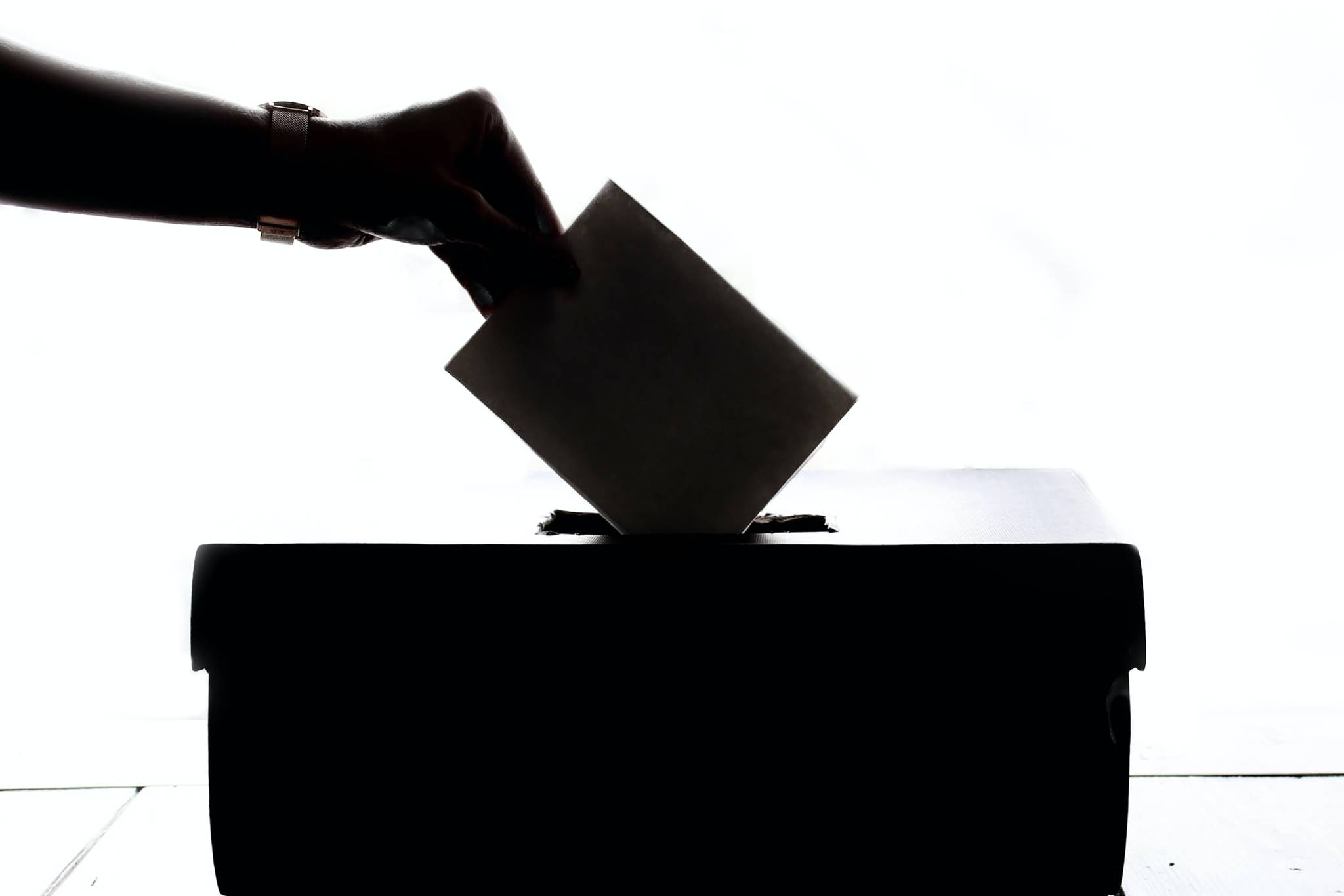Like many sectors of the economy, the oil industry has been hit hard by the pandemic. Stay at home orders that greatly reduced demand for fuel, production wars between Saudi Arabia and Russia that greatly increased the global supply of oil drove the price down to historically low levels. The industry has struggled nationally, and Alaska’s industry has been no exception. Alaska’s oil industry has one of the highest cost structures in the world, and some firms are struggling to make royalty payments.
Oil revenue is the lifeblood of Alaska’s economy. Nearly one-third of all employment in Alaska is directly tied to the oil industry. The majority of Alaska’s state revenue is derived from the oil industry, and public employment is also a large component of the Alaska economy.
Raising taxes on Alaska’s oil industry at the present time would be deleterious to Alaska’s economy — it would be like kicking a person when they are down. An increase in the tax would lead to declines in production, employment, and investment. Not only would this hurt current oil production and state revenue, it would have an adverse impact on future revenue through disinvestment and future production cuts.
To put it in terms that a Coast Guard engineer like Rich Moniak (of a previous editorial) might understand, a yes vote on Ballot Measure 1 would be like driving a ship into the eye of a storm. At first it would seem peaceful;, but the back side of the storm soon hits with a new set of dangers that are often worse than the beginning of the storm. Voting no on Ballot Measure 1 would be more like staying at the edge of the storm; the ride will be rough but navigable.
Whether Ballot Measure 1 passes taxes, there will be decreases in public services — so the question becomes do we want to destroy Alaska’s future economy by stifling its lifeblood through raising taxes or sit tight, be fiscally conservative, and weather the storm. If we sit tight, be fiscally conservative and vote no on Ballot Measure 1, we can at least preserve the private sector and have some hope of a future economic recovery. A “yes” vote will have an adverse impact on oil production, industry investment, state revenue, creating damaging impacts on employment in multiple economic sectors and state revenue now and in the future. Please, vote no on Ballot Measure 1.
• Barbara Haney, Ph.D., is a North Pole resident. Haney received her Ph.D. in public finance from the University of Notre Dame and previously taught economics at several institutions including the University of Alaska Fairbanks. She is currently a legislative aide to Rep. Mike Prax.

